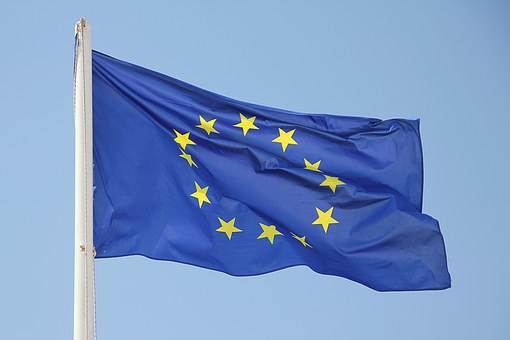 According to data released by The Sentix research group, the Eurozone investor's morale grew up in November, hitting its highest level since last June.
According to data released by The Sentix research group, the Eurozone investor's morale grew up in November, hitting its highest level since last June.
Their sentiment index rose from -16.8 in October to -4.5 this month, showing a significant improvement in the investors' morale.
“The cause of this improvement in sentiment seems to lie on the one hand in Asia ex-Japan, where the data point to a beginning upswing. Investors also appreciate the resilience of the U.S. economy,” explained Sentix Managing Director Manfred Huebner, adding that the recent data gives hope that an economic recession in the Eurozone could be averted.
EU investors' assessment of the Eurozone economic situation also improved, going up to -5.5 from -15.5 last month.
The Eurozone is amid an economic slowdown, mostly caused by the current global economic situation, which is heavily influenced by the instability caused by Donald Trump's trade wars and the Brexit political crisis. IHS Markit recently claimed that the Eurozone economy is"close to stagnation" with slower job growth and low inflation.
However, The Eurozone GDP grew by 0.2% percent according to data released recently by Eurostat, growing more than expected (analysts expected it to just grow 0.1 percent), and aligned with the previous quarter.
The German Economy, on the other hand, keeps sending signs of going towards an economic recession. According to data released by IHS Markit, their Purchasing Managers’ Index for manufacturing went up from 41.7 in September to 42.1 in October, remaining on the contraction zone despite slightly improving.
“It remains to be seen if the downturn in the German manufacturing has finally reached a nadir,” said the IHS Markit economist Phil Smith.
However, the German Economy Ministry said last month that this is probably a "weak phase" and that recession fears are unfounded.
“A stronger slowdown or a pronounced recession is not to be expected at the moment,” said the ministry.
The Euro is Under Attack
Just a few days after Mario Draghi, who is considered the Euro savior, left his post in the ECB, the governor of the National Bank of Hungary György Matolcsy called for a mechanism that would allow the Eurozone members to leave the union in the next years while the remaining members would need to push for a fiscal union with its finance ministry and a common budget that would give a solid support to the currency.
“The time has come to seek a way out of the euro trap,” said the Hungarian central bank president, “The common currency was not needed for European success stories before 1999 and the majority of eurozone member states did not benefit from it later,” he added.
Draghi himself suggested a fiscal union as a way of aiding the European Central Bank on its mission, however, such an alternative is rejected by key eurozone members like Germany.
"Two decades after the euro’s launch, most of the necessary pillars of a successful global currency - a common state, a budget covering at least 15-20 percent of the eurozone’s total gross domestic product, a eurozone finance minister and a ministry to go with the post - are still missing," explained Matolcsy.
It's still not clear how the new European Central Bank president Christine Lagarde will deal with a fractured ECB governing council and with the growing skepticism towards the common currency.
By 10:48 GMT the Euro went down against the US dollar by 0.04 percent, at 1.1161. It went up against the Japanese Yen by 0.26 percent, hitting the 121.04 level and rose against the Swiss franc by 0.31 percent, at 1.1031.
